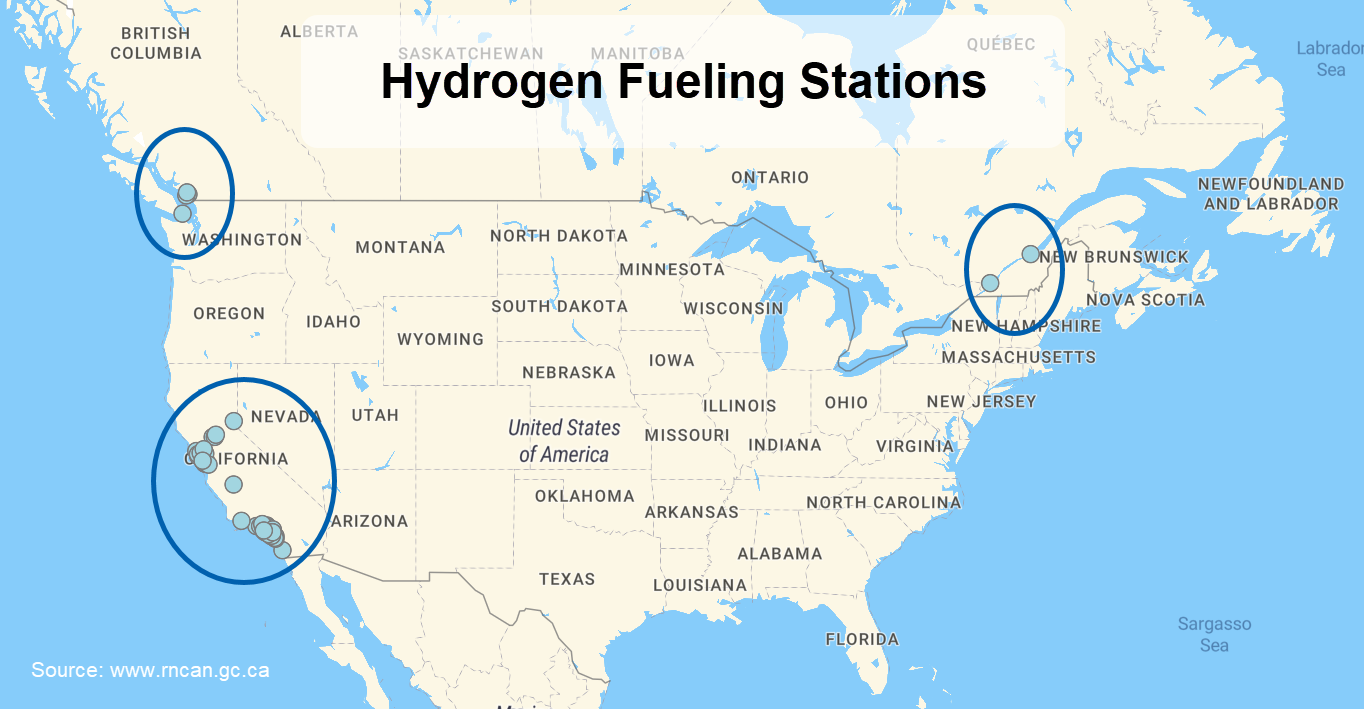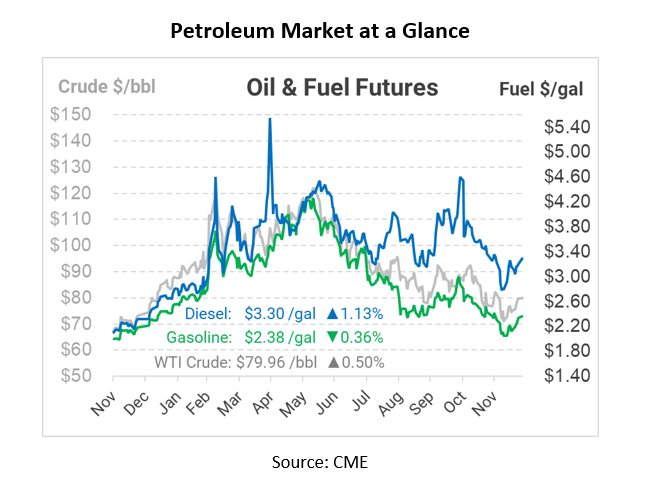
Canada Boosts Renewables Focus Ahead of Growing Clean Fuel Demand
Analysis by Sydney Casey
As the world continues investing in renewable fuel solutions, Canada is betting that it can help meet global renewables demand. Recently, the EPA passed a new rule under the Renewable Fuel Standard noting that renewable fuels made from canola oil qualify as advanced biofuels, meaning they reduce greenhouse gases by 50% or more compared to petroleum. That bodes well for Canada, which has a well-developed canola oil supply chain. So, what plans do they have in place? Let’s find out.
The executive director of the Canadian Oilseed Processors Association (COPA) stated, “We’ve been working off and on with the regulators in the United States and with our partners in the United States to get access to the US renewable diesel market for many years, so to finally have a pathway for canola in that market is a really important milestone.” The rule will open a new market for Canadian farmers, who are expected to also benefit from the latest trend.
For those unfamiliar with canola, it is a low-input crop that can be grown in many different environments. It doesn’t require chemical fertilizers or pesticides and has a high yield potential. Rapeseed oil is essentially the same as canola oil; it’s just a more specific version of the substance.
Compared to petroleum-based fuels, the EPA found that renewable diesel produced from canola and rapeseed reduces greenhouse gas emissions by at least 50 percent. Another report claims that Canadian canola production will increase to 29 million tons by 2030. Of that, the biofuel sector will account for 23 percent of canola’s total demand. Canadian producers will need to export canola in order to meet the increased demand for renewable diesel in the US. If canola demand grows across North America, we could see a spike in canola production facilities across both the US and Canada.
Also on the Canadian renewable front, there are plans to build the largest clean hydrogen fuel production plant along the North Vancouver industrial waterfront. This plant will capture, purify, and process hydrogen byproducts. Hydrogen is a zero-emission fuel that can be produced from renewable sources, making it an alternative to fossil fuels. With a projected capacity of 15 tons of clean hydrogen fuel per day, the plant will help meet the increased demand for low-carbon transportation fuels. The project deal is expected to close in March 2023, and operations should begin in 2025 if all goes as planned.
Although hydrogen fuel is not commonplace today, there are a few major metro areas where hydrogen is taking route. Vancouver has a handful of hydrogen fuel stations, with others found in Montreal and Quebec. South of the border, California is the only state with a significant presence of hydrogen fueling stations.
According to Canadian Fuels Association’s updated Driving to 2050 vision, liquid transportation fuels will continue to be an essential part of the Canadian energy mix for generations to come. Collaboration is key to unlocking their full emissions reduction potential. The hydrogen plant and canola production plans are significant strides in their overall renewable and net-zero goals of reducing transportation fuel emissions.
This article is part of Daily Market News & Insights
MARKET CONDITION REPORT - DISCLAIMER
The information contained herein is derived from sources believed to be reliable; however, this information is not guaranteed as to its accuracy or completeness. Furthermore, no responsibility is assumed for use of this material and no express or implied warranties or guarantees are made. This material and any view or comment expressed herein are provided for informational purposes only and should not be construed in any way as an inducement or recommendation to buy or sell products, commodity futures or options contracts.







